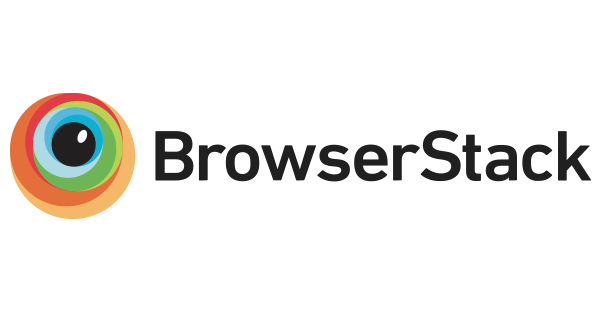Our "deli counter" web app to make spatial data products available to GIS users.
This repository has been archived and will not be under development any more.
The Deli is a Node.js client-server web application written in Typescript.
Install Node.js at least v6 for your system. Node.js v8 appears to work fine too. I use nvm to switch beteen Node versions. Ubuntu may require the nodejs-legacy package to create a node symlink
https://nodejs.org/en/download/package-manager/#debian-and-ubuntu-based-linux-distributions
Make sure you have globally installed Typescript and Yarn (a better package manager than NPM)
npm i -g yarn
npm i -g typescript
You're good to go.
yarn
yarn dev
A browser window will open at http://localhost:8080
Tip: It's often handy to run the Typescript compiler tsc to more quickly check for compile errors.
Note: In VSCode, to use the version of TypeScript that the Deli was actually built against, set the typescript.tsdk setting for the workspace.
File > Preferences > User/Workspace Settings
"typescript.tsdk": "node_modules/typescript/lib"
We use Yarn instead of npm to make our build deterministic. Make sure to install any new packages with Yarn and not npm - e.g.
yarn add --exact react-date-picker
You can upgrade packages to their latest release with yarn upgrade-interactive, or one-at-a-time with:
yarn upgrade --latest express @types/express
This project has an .editorconfig file. Make sure to enable support in your editor. For VSCode, you need to install the EditorConfig extension and should install the TSLint extension too.
Javascript and Typescript are fairly verbose, so we choose to optimise for whitespace.
- don't use
semicolons;to terminate lines (unnecessary in Javascript!) - do use
'single quotes'for strings - please don't use
constinstead ofletunless it's really a constant (accidental variable rebinding is not a real problem!)
TSLint will check these some of these style rules for you (and optionally fix them).
Firstly note that there's additional information on the internal wiki.
To create a new environment, see the internal wiki.
Pushing to a tenant branch like eocoe will deploy via Shippable to the relevant live Elastic Beanstalk environment.
To deploy manually, without using Shippable, you'll need to set up the AWS command line interface. See http://blog.shippable.com/how-to-deploy-to-elastic-beanstalk-part-1 which also contains instructions for creating new Elastic Beanstalk environments.
pip install --upgrade --user awsebcli
eb --version
Make sure you have committed any code you want to deploy to your local Git repo, or the beanstalk CLI will ignore it!
yarn run build:prod
eb deploy
The Deli requires access to two backend services; Postgres database and Geoserver. This part of the system is not described here.
To get the product metadata with an example query
To generate a custom WMS link, POST to http://localhost:8080/api/storedQueries
Put the payload in the Body, select raw and set the content type to JSON (application/json), then paste in a valid JSON query like this:
{
"collections": ["s2-ard"],
"bbox": [-15, 45, 15, 65],
"start": "2016-06-01",
"end": "2016-06-31"
}
You will be given a new stored query key which lets you construct a custom WMS URL like
For a pre-cooked example
The pre-cooked examples are available in the development time fake in-memory database as well as the live Postgres database.
This image is currently being hosted at docker hub under our JNCC account if you want to pull a particular verison (1.0.0 - 1.0.4 currently) or just the latest run docker pull jncc/catalog:latest.
If you need to run the container locally for testing you can run with the following command docker run -p 9001:8081 -d --env-file .env jncc/catalog where the --env-file .env parameter points to a .env with all the configuration required as in the .env.example file, documented in the Catalog Repo
This will run a container with the port exposed at http://localhost:9001.
Thanks to Browserstack for helping us out with cross-browser testing. Much appreciated!
